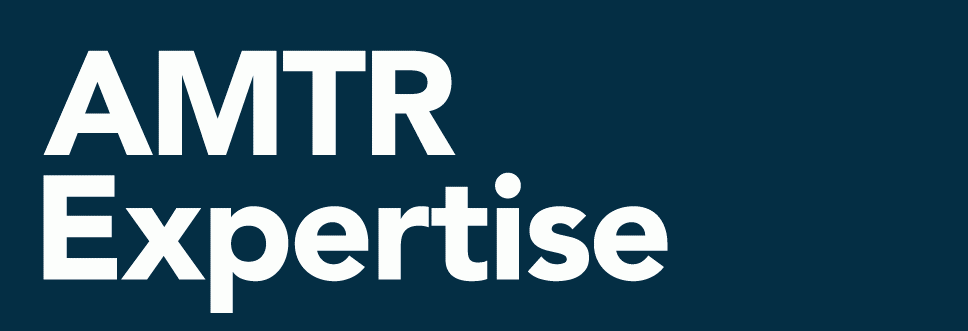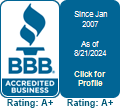The latest transportation funding bill, spearheaded by Sen. Susan Collins, includes a set 73-hour, seven-day work week limit provision for truck drivers. According to logisticsmgmt.com, “the legislation’s 73-hour cap does not make any changes to the current maximum mandatory hours a commercial truck driver can drive in a given week without taking a restart: 60 hours in 7 days and 70 hours in 8 days. Once a driver takes a 34-hour restart—the 73-hour cap precludes the possibility that any driver could drive after having worked 73 hours. In short, drivers have to take a break (34 hour restart) when they hit 60 hours in 7 days or 70 hours in 8 days.” This bill moved out of committee with a 30-0 vote and will be considered by the Senate towards the end of May.
Needless to say, the issue is of great concern to the trucking industry who contends that changes in truck driver hours of service should be based upon statistical evidence provided by the installation of the electronic logging devices (mandated by Congress to be installed by December 2017), rather than on a political decision made by Congress. The issue is so contentious that a group of trucking companies has taken the unusual step of urging Congress to delete the provision altogether.
Because the bill addresses broader issues, such as investments in the nation’s transportation infrastructure and other road safety provisions which are positive, lawmakers state that they are trying to keep the focus on the funding aspects of the bill.
The Heart of Texas Railroad, running 68 miles of track from Lometa, Texas to Brady, Texas is being purchased by an unnamed OmniTRAX, Inc. affiliate. The new name of the line will be Central Texas & Colorado River Railway, LLC and it plans to focus on aggregate, sand and cement customers.
According to Kevin Shuba, CEO of OmniTRAX, “as a distressed asset that can be turned around with our expertise, it’s right in our sweet spot.” He added, “we want to thank the sellers for their efforts in starting to implement a restructuring plan and making the closing of the transaction as smooth as possible.” Although the transaction is in progress, it remains subject to STB approval.
The LTL trucking industry faces many changes on a daily basis. Some of these changes involve the classification or re-classification of products, as governed by the Commodity Classification Standards Board (CCSB). The role of the CCSB is to evaluate proposals for establishing or amending the classification of commodities, commodity descriptions, classes, rules, packaging definitions, specifications and requirements. These classification-related provisions are then published in supplements and codified in the NMFC. As changes generated by the CCSB can be many, managing them can be time consuming and difficult. As such, how can you be sure your freight has not been impacted?
With AMTR on your side, you can be assured that none of these important changes will be missed. Our team of expert truck auditors review the CCSB Public Dockets Files regularly to stay on top of all the latest updates so you can be assured of getting the best freight rates possible.
Big Impacts of Small Data Errors
At AMTR, we view millions of freight bills every year. Given our 35+ year history, there is probably no billing mistake that we have not seen. Every section of a freight bill can contain incorrect data, and no carrier is immune to making such mistakes. As an example, we recently audited a Class I railroad bill with a waybill date of December 2016. That’s right—a bill from the future! In this case, all the error generated was a chuckle, but that is rarely the case.
Small errors can generate a big impact. Examples include wrong dates or cities generating wrong rates, and missing decimals for CWT rates leading to miscalculations. Such data errors are easily overlooked by accounting departments that simply do not know what to look for or by transportation departments that are just trying to keep a product moving.
AMTR freight auditors assume every bill has a mistake, so we scour each one to find them and recover the overcharges that result.
Surprise, Surprise, Surprise!
Shippers spend a significant portion of their time planning for and projecting freight costs. Rate engines will predict accruals; however, despite detailed planning on the front end, accessorial charges often creep in at the back end and create a surprising increase to overall freight spend. Some common examples of unpredictable accessorial charges include miscellaneous switching, diversions, demurrage, weighing and empty car moves for rail shipments. Charges for reconsignment, weight or description inspections, liftgate delivery, re-palletizing, capacity load and density minimum charge are some examples of accessorials commonly seen with motor carrier movements. Finally, accessorial charges for detention at the rail yard, repositioning and reweighing are possible for intermodal shipments. Even more disconcerting is the fact that invoices for such charges often bypass the normal TMS systems and get paid manually.
Unfortunately, there is rarely anything that can be done about such charges unless you have transportation experts like AMTR working on your behalf. We will not only verify the charges, but also offer suggestions how to avoid them in the future.
About More Than Just Recovering Money
As companies work hard to achieve supply chain efficiencies, they don’t always recognize the idea of a freight cost audit as a valuable part of a broader solution mix. Of course, one of the primary outcomes of a freight cost audit is the recovery of freight overcharges for the client. Yes, getting “money back” is exciting in its own right for a client, but AMTR suggests that true benefits only begin there.
At AMTR, we work hard to provide reports and analyses to customers that they can use to jumpstart new or integrate with existing process improvement or cost optimization efforts—it is a key component of our company’s “educate” strategy. Furthermore, because our work is driven by human expert auditors, we collaborate one-on-one with clients to tailor offerings to specific reporting or analysis needs. For instance, analysis on accounts can identify tactical problems such as repetitive inaccurate surcharges or unnecessary accessorial charges, as well as offer broader strategic insight as to lane usage, carrier selection, and route optimization.
So, the next time you think about the value of a freight cost audit, think beyond freight spend returns to how you might use the information and knowledge gained from that audit to optimize and improve your transportation/supply chain operations. AMTR has 35+ years of experience in the business; call us to discuss all the ways a freight cost audit can benefit your company.










